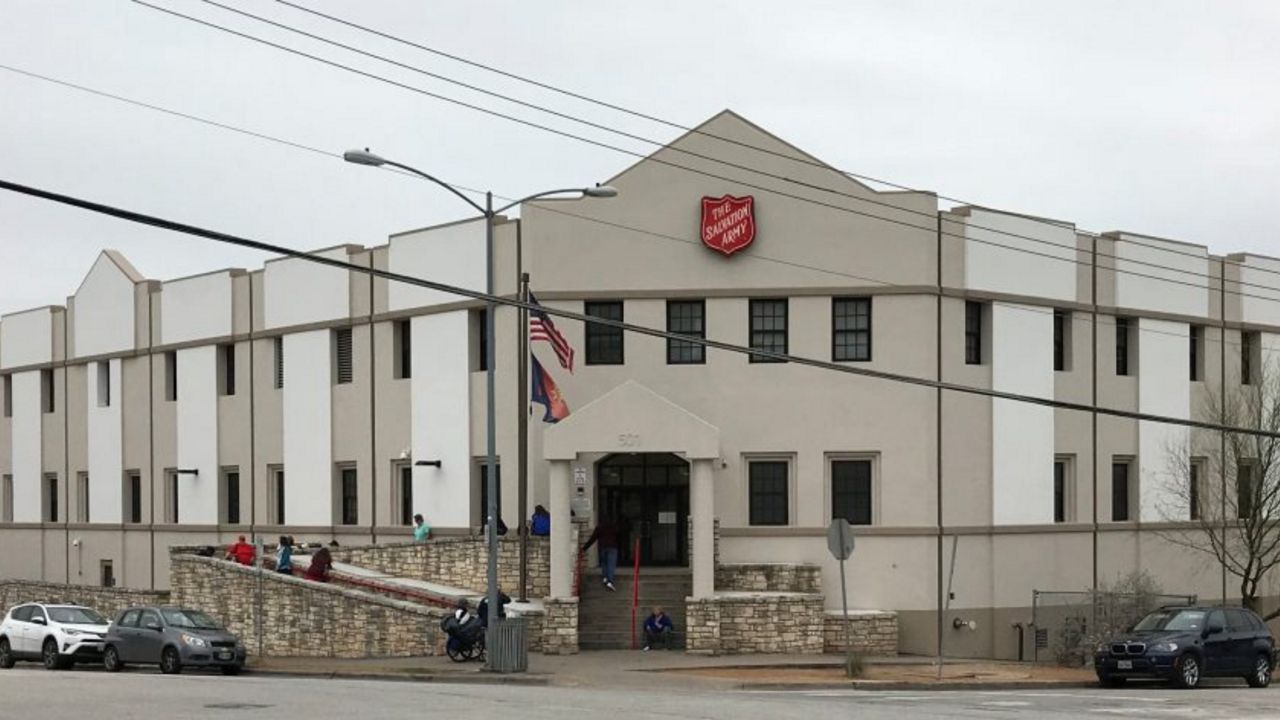AUSTIN, Texas — Last month, The Salvation Army announced that its downtown shelter location would be closing on March 15. Austin Interim City Manager Jesús Garza said the city is working with the organization to figure out where to redirect guests who are currently at the shelter.
“This is a vitally important issue to council and to the community,” Garza said. “We are exploring all options for placement and will have a solution by the end of this week that ensures each Salvation Army resident is provided for and able to stay here in our community if they wish to do so.”
Given how dire the homelessness problem is and the constraints of shelter capacity, losing this Salvation Army location is an enormous blow to the community. The city wants to do all they can to come up with a plan to address the situation.
Mayor Kirk Watson voiced his concerns about leaving shelter residents in limbo, wanting The Salvation Army to commit to remaining open until they safely move all that are left over elsewhere.
“I’m disappointed that it’s taken this long for The Salvation Army to live up to the promise they made in January to take care of each and every resident that they’re displacing. I’ve been pushing them every step of the way and sent a letter to Major (Lewis) Reckline yesterday demanding that they fulfill their responsibility,” Watson said. “Last night, Salvation Army asked for help from the city to do so. Austin is home for these residents, and we will take care of our neighbors.”
Council Member Zo Qadri of District 9 shared similar thoughts to Watson and further criticized the shelter.
“Any community should be judged by how it treats its most vulnerable residents, and right now, we can do better. I’m disappointed that The Salvation Army didn’t adequately communicate the timeline of this closure to the District 9 constituents who are using this shelter to lift themselves out of unfortunate circumstances,” Qadri said. “The urgency of this crisis is real and the fear and uncertainty it has created is as unfortunate as it was avoidable. Moving forward, our collective priority should be to take care of our neighbors and keep them on a path towards permanent housing.”
The 35-year-old organization attributes the closure to financial hardships.



